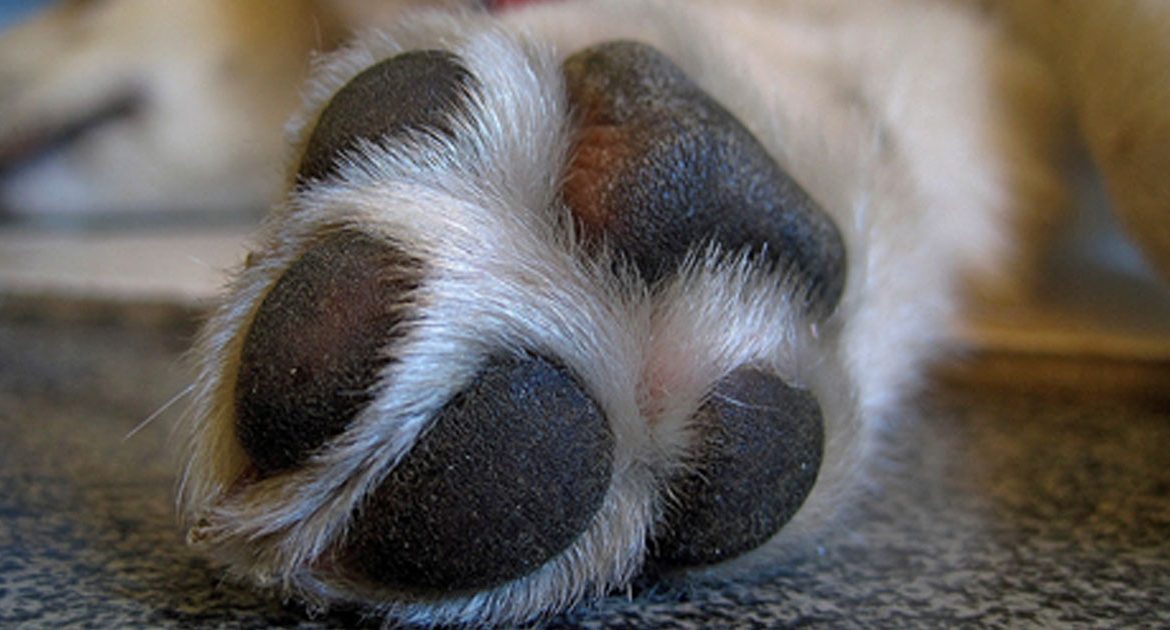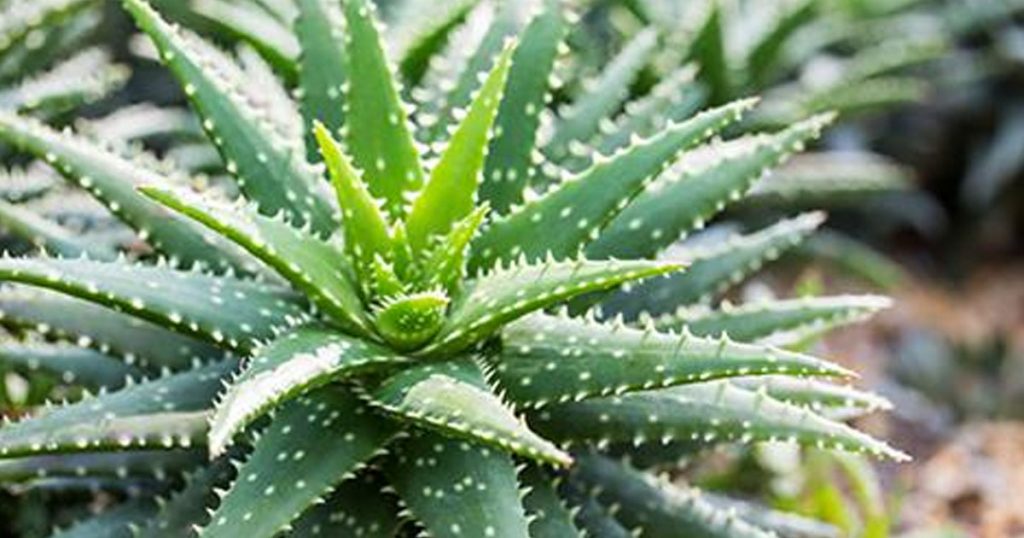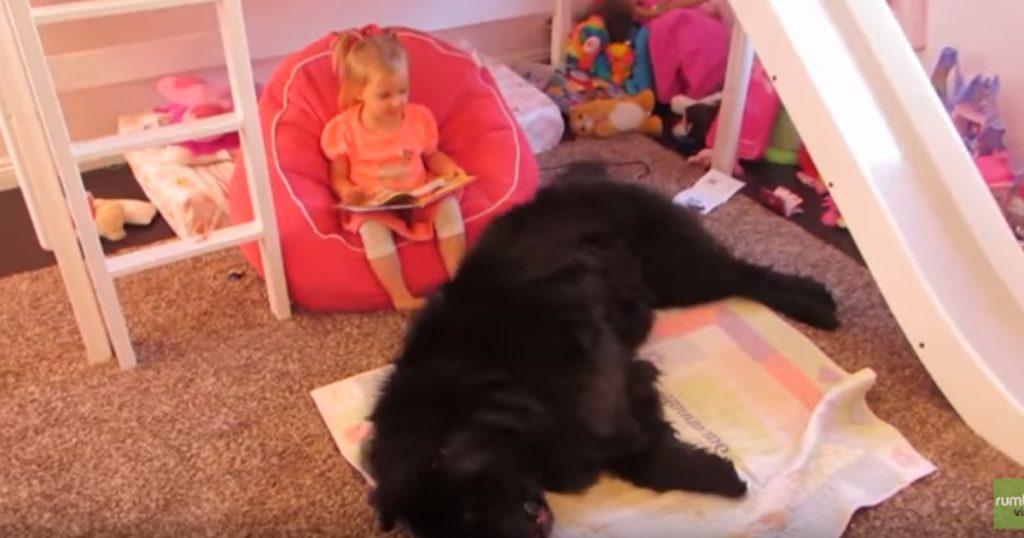We’ve all been there. You’re cuddling with your precious pooch when you’re overcome with an urge to pick up a paw, stick your nose right in it, and take a big whiff. Your nostrils fill with a slightly sweet, slightly salty smell. Some describe it as the scent of popcorn, Fritos, or corn chips. In any case, it smells like something crunchy, corn-based, and delicious.
Sure, smelling your dog’s feet is pretty weird. Enjoying it is stranger still, but you should feel comfort in the fact that you’re not alone — lots of people dig a good paw sniff, in spite of the obvious dangers of sticking your nose in whatever your dog’s been mucking around in. You’d never sniff the bottom of a muddy boot, yet puppy paws are somehow irresistible.
Aline Rodrigues Hoffmann, a professor of veterinary medicine at Texas A&M University, hadn’t heard of dog feet smelling like salty snacks, but suggests that a type of sweat gland might be the culprit. “If there is a particular smell in the paws, I would imagine that it would come from these eccrine glands,” she tells Inverse. Eccrine glands secrete fluids out through pores in the skin, and in dogs they exist only on the pads of the feet.
So many important mysteries in life, like why my dog's feet smell like Fritos.
— Dirty Shaggy ☠ (@DarkHorseZombie) April 7, 2017
What exactly is secreted from canine eccrine glands, and why they might smell the way they do, is still largely a mystery to veterinary science. “I could not find a single paper that has looked into that,” she says.
Finding out what’s going on with dog smell in general isn’t the easiest proposition, as Rodrigues Hoffmann. As a specialist in dermatological pathology, she’s most interested in the sorts of diseases and infections that makes dogs really stink. Her team rented a sensor that detects volatile compounds in the air to study them, but came up short. “It turned out that the electronic nose doesn’t work for body odor,” she says “We tried it on a lot of dogs — very smelly dogs — and unfortunately it didn’t work.”
my mom just casually said "so you know how dog's feet smell like corn chips?" ??? likeeeee no I did not know that but continue ….
— Emily (@emscottlikesyou) March 30, 2017
Bacteria and yeast could also play a role in the normal smell of dog feet. The way the paws are structured makes for a warm, moist environment between the toes were microbial communities flourish, says Rodrigues Hoffmann. However, there isn’t a particular type of bacteria or yeast that has been tied to the feet specifically, she says.
Your dog’s foot smell will also be influenced by whatever surface your dog’s been running on, too. In the muddy spring, the odor may take on an earthy quality that evokes fresh corn on the cob as you pull away the layers of husk.
I really like the smell of my dog's feet and i don't know why
— Anna Lee (@Annaaaa_x) March 3, 2017
The exact chemical composition that makes up the odor of your dog’s feet is complex and changing, like a bottle of fine wine. And what you smell when you breathe it in depends not only on what makes it up, but also your associations and perceptions. And that might help explain why some owners, once they get a whiff, keep coming back for more and more.
“Much of what we as a society consider a ‘good smell’ is learned, and a lot of it depends on the context,” says Leslie Birgit Vosshall, head of the Laboratory of Neurogenetics and Behavior at Rockefeller University. “So we really don’t like the smell of skunk, but the same exact molecule in coffee (skatole) smells really good to us because we associate coffee with warm social moments and a boost of energy.”
My dog's feet smell extra Frito-y this morning. Today is off to a good start ???
— Emmie (@emmiebub) February 1, 2017
So, it could be that there are lots of foul compounds on your puppy’s paws, but your brain is picking out the pleasant ones, or imagining them in a pleasant context, because of the warm and fuzzies you feel when you’re snuggled up with your pet.
That could be all the more true if you first smelled your dog’s feet when you were first bonding with that animal. Scents have a powerful tie to our emotions, and can instantly transport us back to a time or place we’ve been before. Just as a specific brand of perfume can forever remind you of a person you once felt deeply for, your dog’s paws might offer a sort of chemical signature that assures you that this one is yours.
If you can’t help yourself from picking up a paw and breathing in deeply, you might just like corn chips. More likely, though, you’re in love — and another human’s pet could never smell as sweet.
Jacqueline Ronson is a science writer based on Vancouver Island, Canada. Before that she lived way up in Whitehorse, where she reported for the Yukon News. These days she likes to talk to smart people about the future of the planet, ride her bicycle, play her banjo, and frolic.






